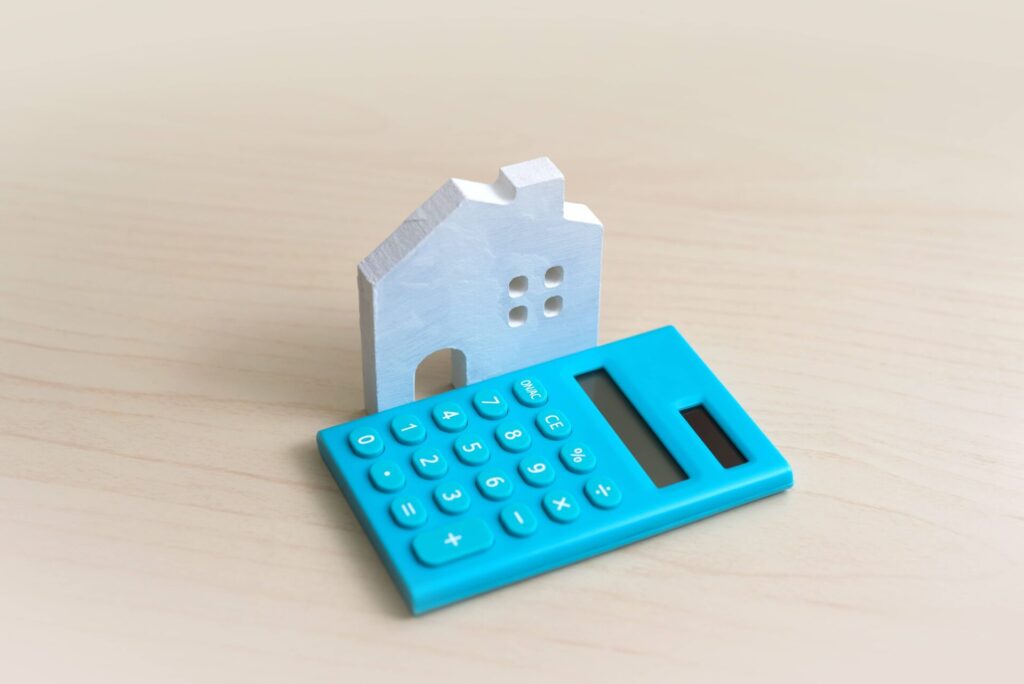If you’re a landlord in Texas, you know that owning rental property can be a great investment. However, it’s important to understand the tax implications that come along with being a landlord. One of the most significant benefits of owning rental property is the ability to take advantage of tax write-offs, which can help reduce your tax burden and increase your net income.
In this article, we’ll explain the various tax write-offs that are available to rental property owners in Texas. We’ll cover the types of write-offs you can claim, the benefits of owning rental property, and the limitations you should be aware of. By the end of this article, you’ll have a better understanding of how to maximize your tax benefits as a landlord in Texas.
Types of Tax Write-Offs
As a landlord, there are several types of tax write-offs you can take advantage of to reduce your tax liability. Here are some of the most common ones:
Depreciation
Depreciation is the process of deducting the cost of an asset over its useful life. For rental property owners, this means you can deduct the cost of your property over a period of 27.5 years. To calculate your depreciation expense, you can use the following formula:
(property value - land value) / 27.5
Repairs and Maintenance
Repairs and maintenance expenses can be deducted in the year they occur. Repairs are typically considered to be expenses that keep the property in good condition, such as fixing a leaky roof or repairing a broken window. Maintenance expenses are typically recurring expenses that are necessary to keep the property in good condition, such as cleaning the gutters or mowing the lawn.
Property Taxes
Property taxes are taxes that are assessed on the value of your property. In Texas, property taxes are based on the appraised value of your property, and they can be a significant expense for rental property owners. You can deduct your property taxes on your federal tax return.
Mortgage Interest
If you have a mortgage on your rental property, you can deduct the interest you pay on that mortgage. Mortgage interest can be a significant expense, particularly in the early years of the loan. To claim this deduction, you’ll need to itemize your deductions on your tax return.
Overall, these types of tax write-offs can significantly reduce your tax burden as a rental property owner in Texas. Be sure to keep good records of your expenses and consult with a tax professional if you have any questions about what expenses are deductible.
Tax Benefits of Rental Properties

Owning rental property in Texas can provide several tax benefits beyond just write-offs. Here are some of the additional tax benefits you should be aware of:
Passive Activity Losses
Passive activity losses are losses that occur when the expenses of a rental property exceed the rental income. These losses can be deducted against other passive income you may have, such as income from investments. To claim passive activity losses, you’ll need to fill out Form 8582 on your tax return.
1031 Exchange
A 1031 exchange allows you to defer paying taxes on the sale of your rental property if you reinvest the proceeds into another rental property within a certain timeframe. This can be a significant tax benefit if you’re looking to sell your current rental property and invest in a new one.
Deductible Expenses
In addition to the specific tax write-offs mentioned earlier, there are many other expenses related to your rental property that may be deductible. For example, you can deduct expenses related to advertising your property, hiring a property manager, and paying legal or accounting fees related to your rental property. It’s important to keep good records of all your expenses so you can accurately claim all of your deductions.
Overall, owning rental property in Texas can provide several tax benefits beyond just write-offs. Be sure to take advantage of all the tax benefits available to you to maximize your net income as a landlord. As always, it’s important to consult with a tax professional to ensure you’re taking advantage of all the tax benefits available to you.
Limitations on Tax Write-Offs
While there are many tax benefits available to rental property owners in Texas, there are also some limitations you should be aware of. Here are two of the most common limitations:
Basis Limitations
Basis limitations are restrictions on the amount of losses you can deduct from your rental property. The amount of losses you can deduct is limited to your basis in the property, which is generally the original cost of the property plus the cost of any improvements you’ve made. If your losses exceed your basis, you may be able to carry forward the excess losses to future tax years.
Income Limitations
Income limitations are restrictions on the amount of losses you can deduct based on your income. If your adjusted gross income (AGI) is above a certain threshold, you may not be able to deduct all of your losses in the current tax year. Instead, you may need to carry forward some of your losses to future tax years.
The income limitation rules can be complex, and the thresholds change from year to year. For the 2021 tax year, the income threshold for deducting rental property losses is $150,000 for single filers and $300,000 for joint filers. If your AGI is above these thresholds, you may need to consult with a tax professional to determine how much of your losses you can deduct.
It’s important to understand these limitations when planning your tax strategy as a rental property owner in Texas. By being aware of these limitations, you can better manage your tax liability and maximize your net income. As always, it’s a good idea to consult with a tax professional to ensure you’re following all the rules and taking advantage of all the tax benefits available to you.
Take Advantage of Tax Benefits for Your Texas Rental Property

Owning rental property in Texas can be a great investment, and there are many tax benefits available to rental property owners. In this article, we’ve covered the various tax write-offs you can claim, including depreciation, repairs and maintenance, property taxes, and mortgage interest. We’ve also discussed the additional tax benefits of owning rental property, such as passive activity losses, 1031 exchanges, and deductible expenses.
However, it’s important to understand the limitations on tax write-offs, including basis limitations and income limitations. By being aware of these limitations, you can better manage your tax liability and maximize your net income.
In summary, as a landlord in Texas, you have many tax benefits available to you. Be sure to keep good records of your expenses, consult with a tax professional, and take advantage of all the tax benefits available to you to maximize your net income.
If you need help with tax planning for your rental property in Texas, we recommend seeking professional advice from a qualified tax professional. They can help you develop a tax strategy that takes advantage of all the available tax benefits and ensures compliance with all the relevant tax laws and regulations.
Frequently Asked Questions
A: Repairs are expenses incurred to keep the property in good condition and operating efficiently. These expenses can be deducted in the year they occur. Improvements, on the other hand, are expenses that add value to the property or extend its useful life. These expenses must be capitalized and depreciated over a period of years.
A: There is no maximum amount of mortgage interest you can deduct on your rental property. You can deduct all of the mortgage interest you pay during the year, subject to certain limitations based on your income and other factors.
A: Yes, you can deduct the cost of repairs and maintenance even if you do the work yourself, as long as the expenses are reasonable and necessary to keep the property in good condition.
A: No, you cannot deduct the value of your own time and labor for repairs and maintenance. However, you can deduct the cost of materials and any expenses incurred, such as rental equipment or hiring a contractor.
A: Yes, you can deduct the cost of improvements to your rental property, but you must depreciate the cost over a period of years. The specific depreciation period depends on the type of improvement and its useful life.
A: Yes, you can deduct losses from your rental property against other passive income you may have, such as income from investments. However, if your losses exceed your passive income, you may need to carry forward the excess losses to future tax years.
